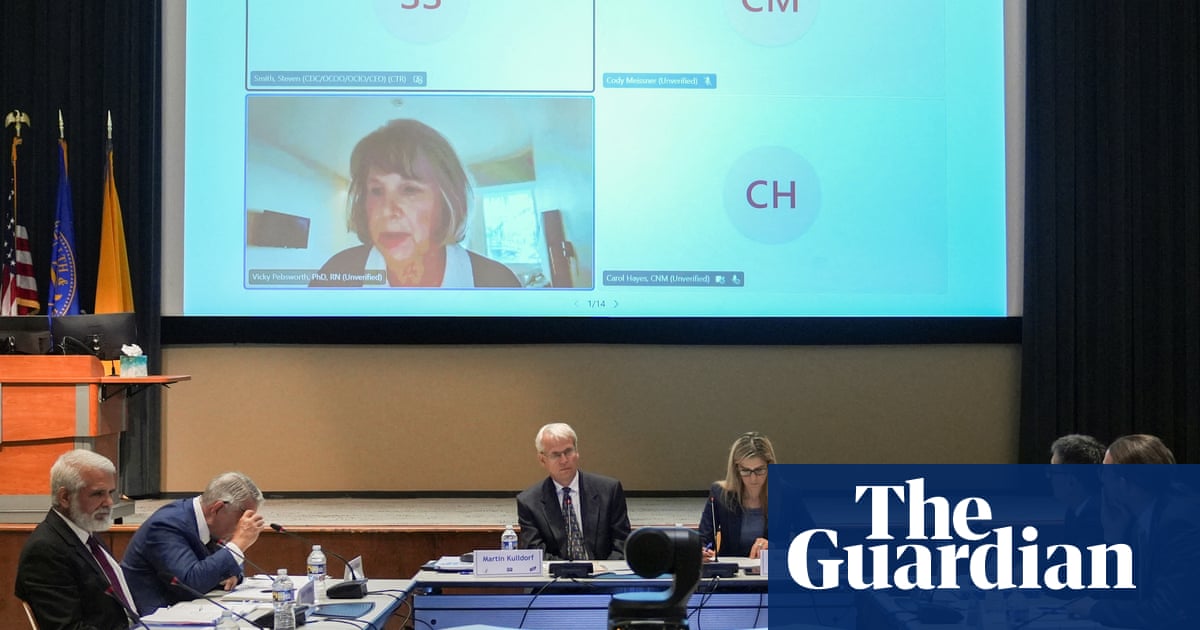DHS Secretary Noem Promises Increased Deportations Following Funding Boost

Homeland Security Secretary Kristi Noem announced plans to enhance immigration enforcement in the United States, attributing this shift to increased funding from a recently signed domestic policy bill by President Donald Trump. Speaking at a news conference in Tampa, Florida, on March 4, 2023, Noem stated, “Now that the president’s reconciliation bill, the ‘big, beautiful bill,’ has passed, we also have more resources.”
The new legislation significantly boosts funding for agencies under the Department of Homeland Security (DHS), particularly Immigration and Customs Enforcement (ICE) and Customs and Border Protection (CBP). ICE is set to receive nearly $75 billion through 2029, which includes $45 billion earmarked for expanding detention center capacities. Meanwhile, CBP will be allocated over $46 billion to further develop the border wall.
Noem defended the administration’s immigration policies, which have included controversial measures such as efforts to end birthright citizenship and deportations to countries other than migrants’ home nations. Recent weeks have seen heightened immigration raids in public spaces and workplaces throughout Southern California. She asserted that Trump “has a mandate from the American people to clean up our streets and help make our communities safer.”
Challenges to these policies surfaced when a federal judge criticized the DHS’s approach. On March 3, US District Judge Maame Ewusi-Mensah Frimpong, appointed by former President Joe Biden, ruled against the DHS’s practices in Los Angeles. The judge found that immigration raids were being conducted without probable cause and granted a temporary restraining order to prevent detentions based solely on race, ethnicity, spoken language, or location.
When questioned about the ruling at the news conference, Noem reacted strongly, calling the judge “an idiot” and reaffirmed her commitment to the department’s current operations. “We have all the right in the world to go out on the streets and uphold the law,” she stated, describing the judge’s findings as “absolutely false.”
The White House echoed Noem’s sentiments, criticizing the judicial ruling as a “gross overstep of judicial authority.” White House spokesperson Abigail Jackson emphasized in a statement, “No federal judge has the authority to dictate immigration policy — that authority rests with Congress and the President.” Jackson underscored the necessity of careful planning and execution in enforcement operations, suggesting that such decisions are beyond the jurisdiction of any judge.
As the DHS prepares to implement these changes, the implications of increased funding and enforcement actions remain to be seen, particularly amid ongoing legal challenges to the administration’s policies. As tensions rise over immigration issues, the actions of the DHS and the responses from the judiciary will likely shape the landscape of U.S. immigration policy in the months ahead.






